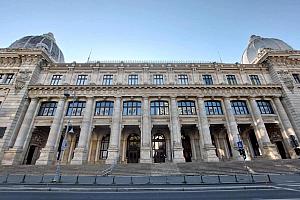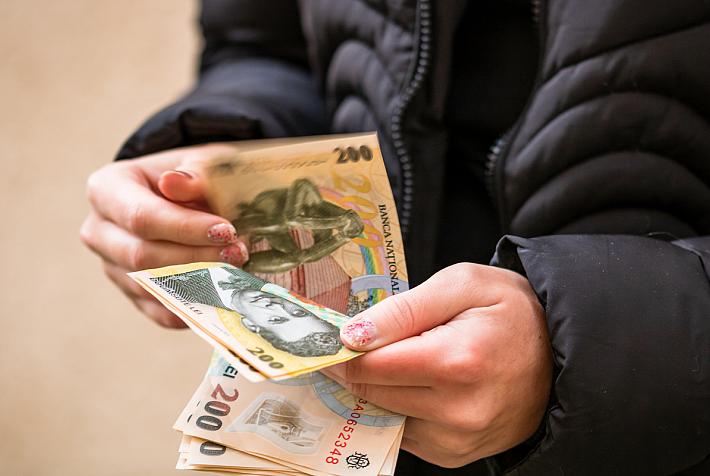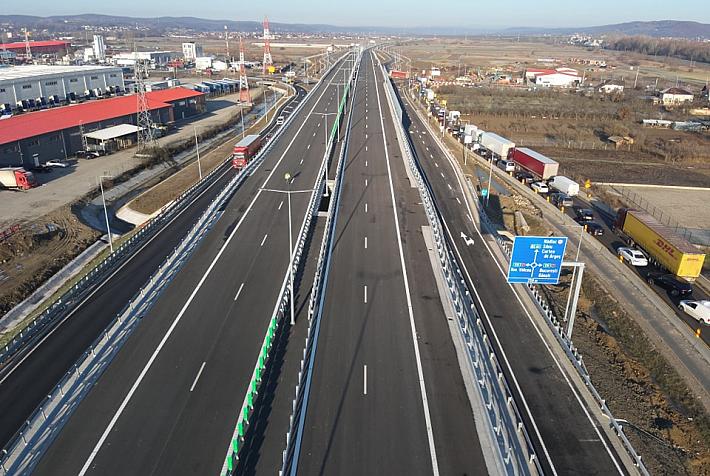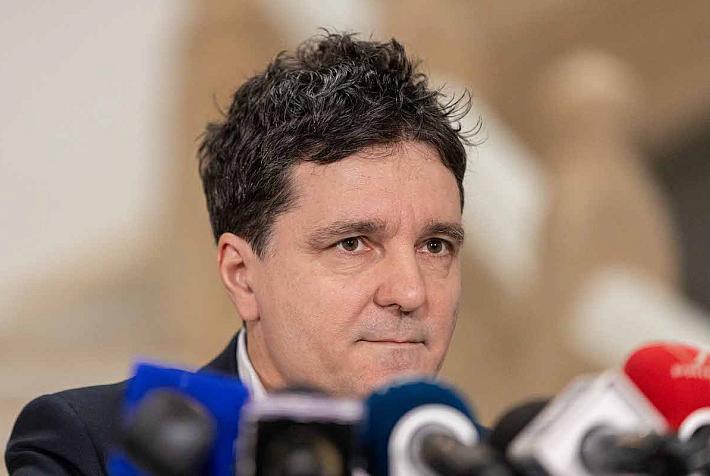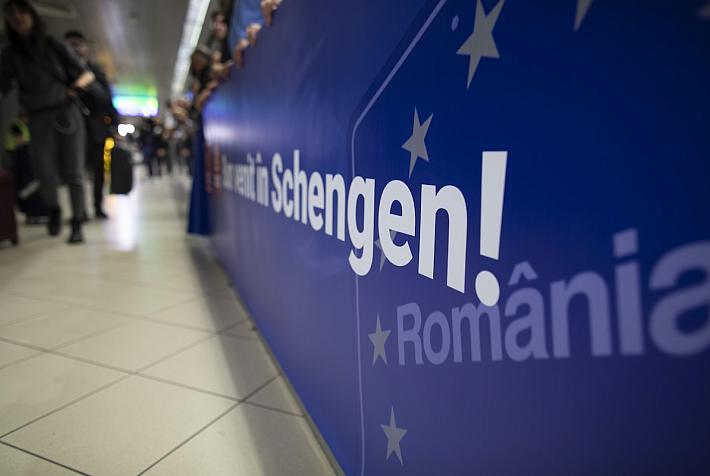Romanian Ministry of Culture takes EUR 140 mln loan to preserve historical monuments, buildings

The European Development Bank approved a EUR 140 million loan for Romania’s “Cultural Foundations” project, aimed at preserving historical monuments and constructing cultural buildings in the country.
The project targets 14 investment objectives of national and European relevance, administered by public institutions under the Ministry of Culture, including the Romanian Athenaeum, the Romanian National Operas in Bucharest and Iaşi, the Batthyaneum Library in Alba Iulia, Queen Maria’s Villa in Mamaia, the National Museum of Transylvanian History in Cluj-Napoca, and the “Constantin Brâncuşi” National Museum in Târgu-Jiu.
The overall costs of the project reach EUR 280 million, and the loan covers half of them, with the remainder to be provided from the state budget.
Implementation will take place between 2025 and 2033 by the Ministry of Culture through the Project Management Unit, a long-standing partner of the Development Bank.
"Beyond preserving cultural heritage, the investment program aims to improve access to culture by strengthening infrastructure and increasing resilience to climate and seismic risks, which is a major concern for Romanian authorities, especially regarding public buildings. Additionally, economic vulnerabilities will be reduced by stimulating job creation and increasing tourism revenues," the Ministry of Culture stated.
The approval of the loan by the CEB Board of Directors will be followed by the legal steps for negotiating, signing, and implementing the Framework Agreement between the Government of Romania and the external creditor.
(Photo source: Inquam Photos | George Călin)







